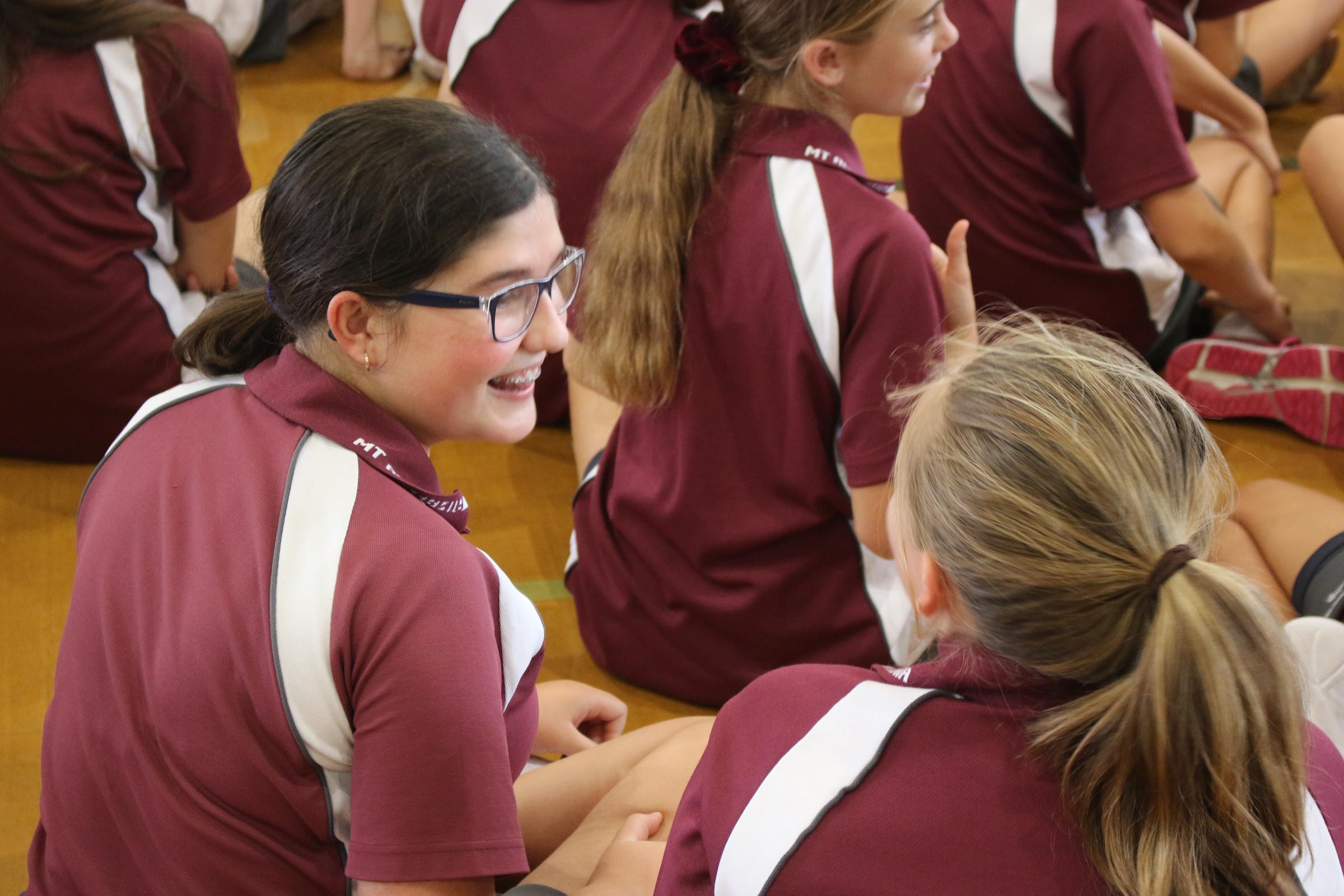Year 7 Pastoral Guardian

The Significance of Peer Time in Adolescent Development
“It takes a village to raise a child, because in a village there are always enough kids to form a play group.” Anon
With the spring holidays just completed, many of you may have found your children yearning to maintain their friendship connections over the break – despite having just spent ten weeks together! For adolescents, spending time with their peers is incredibly valuable and a major influencer of success in life. In today’s world, children’s lives are very constructed - and controlled - often by adults. From an adult's point of view, this is done with the very best of intentions. However, adolescents spending free time with their peers can be extremely beneficial and should be encouraged.
Peer time encourages young people to negotiate and communicate using real world contexts. Teenage peer-to-peer communications often centre on their experiences and associated emotions. These experiences form the platform for open and honest communication and for problem solving together.
Teenage friendships also nurture independence and their capacity to create future directions, without reliance on adults. Of course, this independence needs to be appropriate for their developmental stage; however, with guidance and parameters in place, decision-making can be actively encouraged, so that they develop independence and come to understand the consequences for their choices.
Peer friendships allow adolescents to be less anxious, more innovative, and accepting of self and others. Peers have the wonderful ability to encourage and support others. Adolescents are more likely to try a new experience with positive support from friends, rather than feeling pressured by an adult. Positive peer support can create chances for adapting to the world into which they are growing. Furthermore, positive peer relationships promote chances for developing tolerance, acceptance, and empathy – qualities essential for life.
So, with tomorrow being International Day of the Girl, let’s promote the value of positive peer friendships in our close community, and encourage our young women to empower themselves and others to be successful in life. After all, our children’s peers, along with the chiefs (adults), all play a role in creating successful people in our close and global village.
Jeni Barlow
Conversation Starters
Who do you see as being positive influences in your life? How are they positive?
In what ways can you be a positive influence to your peers, not just your immediate close friends?
What skill do you need to develop so that you become the best version of yourself?
